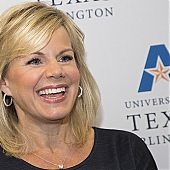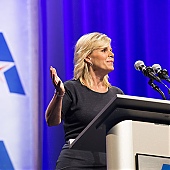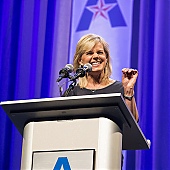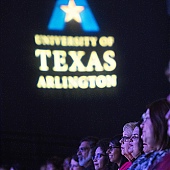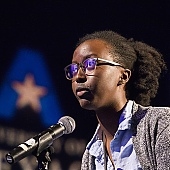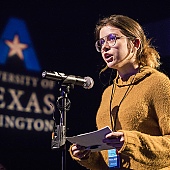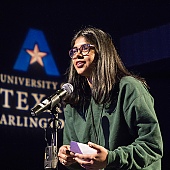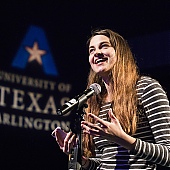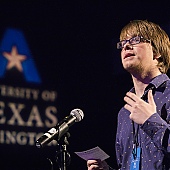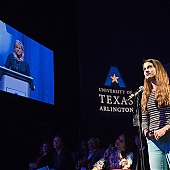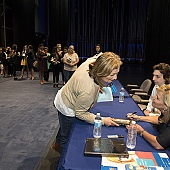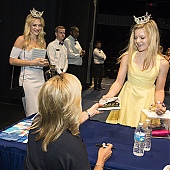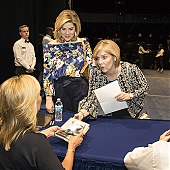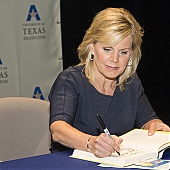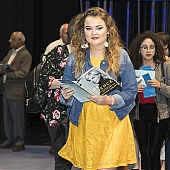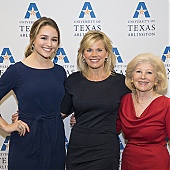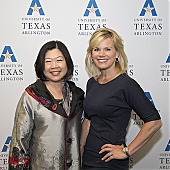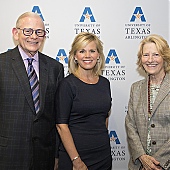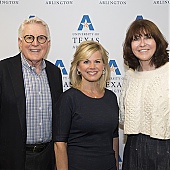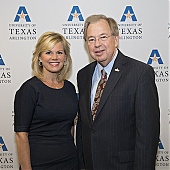NASA Asks Professor to Build Machine for Mars
A UT Arlington chemist is developing tools that may help answer one of the galaxy’s greatest questions: Is there life on Mars? NASA awarded Purnendu “Sandy” Dasgupta a nearly $1.2 million grant to create an ion chromatograph that can test the chemical composition of the soil. Past missions to Mars have been limited by technology that used ion-selective electrodes to probe for specific materials. An ion chromatograph separates and detects ions, enabling it to look at a broad suite of the molecules sensitively and identify them with some reliability. “By creating an easily portable and robustly designed ion chromatograph, we’re hoping to rapidly expand scientists’ knowledge of extraterrestrial geology and geochemistry,” says Dr. Dasgupta, the Jenkins Garrett Professor of Chemistry and Biochemistry. “The Phoenix lander indicated in 2008 that perchlorate is present in large amounts in Martian soil, but it was only an inference. We should be able to prove this.” Perchlorate is a naturally occurring chemical that can produce oxygen and create energy, so its presence on Mars could benefit human exploration. “With this machine, we should be able to test for organic ions in Martian soil. This could be a first step to identifying organic compounds, the building blocks of life.” Dasgupta plans to use low-pressure, open tubular columns in his chromatograph, making it uniquely designed for storage in the sub-freezing temperatures of space when not in use. The columns typically used for ion chromatography are packed with polymer or silica beads and filled with an aqueous solution. The beads cannot withstand such freeze-thaw cycles. As a first step in the four-year project, Dasgupta and his collaborators will build a lightweight system for Earth-based exploration, then test it in the challenging environment of the Atacama Desert in Chile. The research team also includes W. Andrew Jackson, associate professor of civil and environmental engineering at Texas Tech University; Samuel Kounaves, a professor at Tufts University; and Christopher McKay, a research scientist at NASA’s Ames Research Center in Moffett, Calif.
